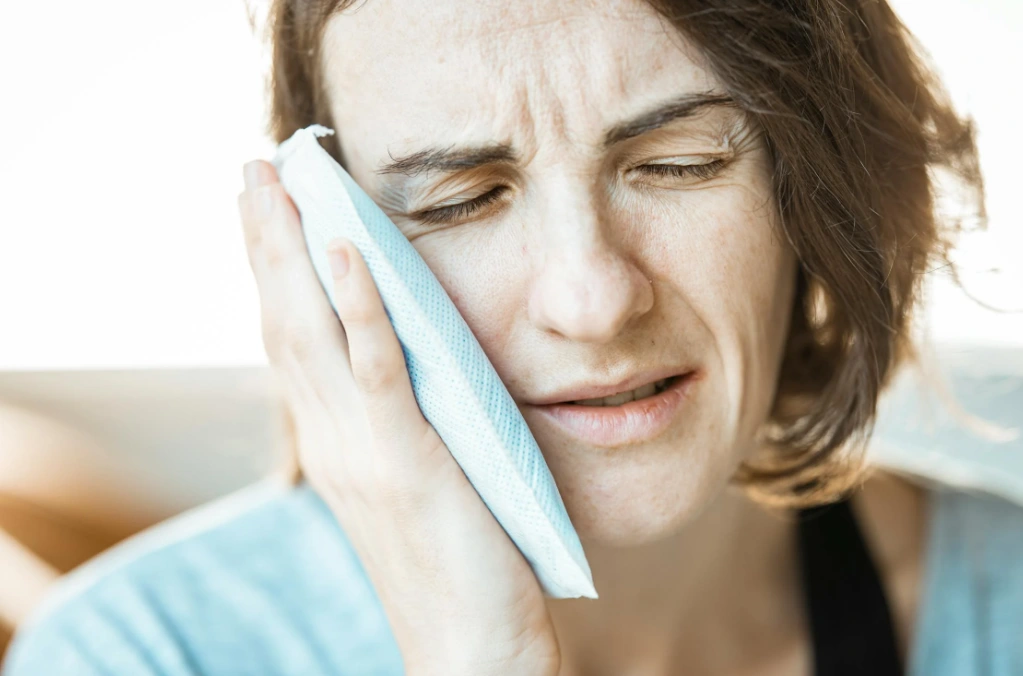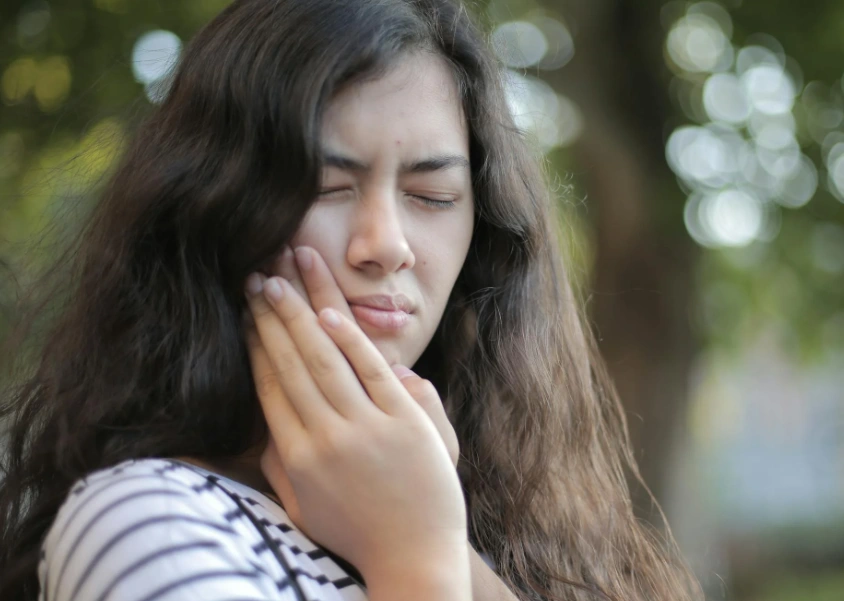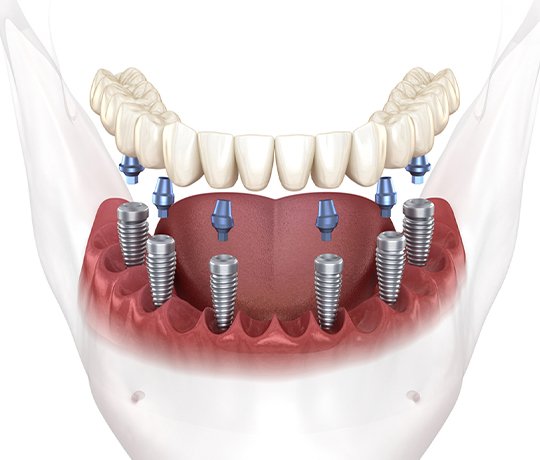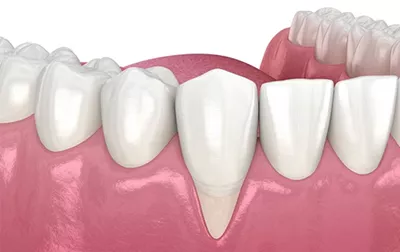Toothache While Breastfeeding: What Treatment Is Safe?

New mothers have to experience their own ups and downs, including sleepless nights, a lot of cuddling, and many diaper changes. However, in the middle of all those, dealing with a throbbing toothache when you are breastfeeding is another level of stress. You could be wondering whether it is safe to take painkillers or go for dental treatment while breastfeeding. Quick answer? Yes-but the main point is you should be informed about what’s safe and what’s not. Let’s discuss ways to manage dental problems in the fragile frame of you, not only without a baby’s health hazard, but also of you maintaining your sanity throughout the period.
It doesn’t really matter what the issue is, gum inflammation, a broken tooth, or a plain irritably dental cavity, the good news is that many of the treatment modalities are compatible with and therefore, very safe for breastfeeding. You also don’t have to just cope and be a supermom. You can ask for help to be treated, and thus giving relief is a good idea, and it’s fine to make yourself a priority.
Is It Safe to Take Painkillers While Breastfeeding?

This is the first question on the minds of most mothers, and they are right on this count. What you take becomes a part of your system, and small traces of it can end up in breast milk. However, don’t freak out! The majority of popular pain relievers are safe for breastfeeding mothers under the right dosages. Paracetamol (also known as acetaminophen) and ibuprofen are both considered safe, and at the same time, the most effective for pain and inflammation. They do not affect the milk supply in a harmful way but help with pain and inflammation.
What is highly undesirable is the use of aspirin. The development of a rare, albeit serious, condition known as Reye’s syndrome in infants has been directly linked to its utilization. Always inform your dentist or doctor of your breastfeeding status so that they can suggest safe quantities and medications. Even if you are injured, the right medication can help you remain fully functional and attentive to your baby, while you are largely avoiding each feeding session to hurt you.
Can I Go to the Dentist While Breastfeeding?

Yes, absolutely, without a doubt! The fact that you are a breastfeeding mom does not at all mean that you have to stay away from the dentist. In reality, if you don’t deal with dental problems, things may get even worse, causing infections that may spread over your body and, as a result, would affect both the will to feed and the health of your baby. Fortunately, the majority of the dental procedures are safe for the mother to do while breastfeeding.
The local anesthesia, mainly lidocaine (in the case of fillings or extractions), is safe and perfectly safe for children. The radiation from dental X-rays is minimized by using lead aprons that are protective in nature. You should never think of giving up regular dental checkups because of the baby you have just started feeding. The professional help of competent dentists is necessary for your treatment, and they do all the planned work under the condition of their patients’ breastfeeding, and they ensure that you are comfortable as well as safe.
Self-Care Practices for Toothache Management in Breastfeeding
Sometimes you have to deal with a toothache at home before scheduling an appointment with a dental professional. And the news of these home remedies is that not only do they heal you, but your baby will also benefit greatly.
Opt for rinsing with warm salt water: it’s so simple and yet so effective. It has an anti-inflammatory action, and it is also a fantastic antibacterial. Also, an ice pack pressed to your face near the area of the ache will help numb the pain. If you prefer toothache pain relief with a greater degree of preference and focus, a cotton swab with a small amount of clove oil and a gentle application is what you might choose to alleviate the condition for a brief period of time (just be careful not to swallow it and use it in very small quantities).
Please, do realize that these methods furnish only limited relief in the short term and that the root cause is not addressed here. If the pain persists for one or more days, you definitely need to contact a dental professional.
Dental Treatments Safe for Nursing Mothers

You will find out that most of the dental procedures are completely safe while breastfeeding, and will understand that you will be surprised. Fillings? They are safe. Root canals? Yes, root canals are also safe. Even minor surgeries, such as the removal of wisdom teeth, can be performed in a safe way with proper arrangements.
Dentists know how to deal with the feedings of the baby. They will be using baby-friendly medications and anesthetics that will not disturb your baby. Moreover, there exist numerous options of the right pain and antibiotic medicines, which are all approved for nursing mothers.
If your toothache is the result of an infection, do not ever think of delaying the treatment. Infections are terrible things that get worse, and global warming—definitely not one more thing for a mom who had labor two days back and did not have enough days to recover from it.
When to Seek Professional Help for a Toothache While Breastfeeding
If you are still having a toothache after 48 hours, that would be a good sign to give your dentist a call. Redness, swelling, pus, or fever will let you know that things are getting worse—probably it’s an abscess or gum infection. And don’t even think about avoiding it, as it will not get any better.
As a breastfeeding mother, you can easily forget about your health as a concern that is less important, yet your health plays a big role in the well-being of your baby. The consistency of the milk you produce can be affected, and your emotional state can be off balance if you are in pain, exhausted, or dealing with an infection. The earliest treatment will help you recover soon, and it is you who ensures that the two of you are healthy and happy.
Toothache While Breastfeeding—What Treatment Is Safe?
You can safely use warm salt water rinses, cold compresses, or paracetamol for temporary relief. Clove oil may help, too, but only in very small amounts.
Paracetamol and ibuprofen are typically safe for nursing moms. Avoid aspirin unless approved by your doctor.
The 3-3-3 rule refers to taking 3 ibuprofen (200mg each), 3 times a day, for 3 days—but this should only be followed under medical supervision.
Fillings, cleanings, root canals, and even minor surgeries are generally safe. Always inform your dentist that you’re breastfeeding.
Salt water rinses, cold compresses, and clove oil are helpful. These should only be used short term until you see a dentist.
Breastfeeding doesn’t directly damage teeth, but hormonal changes and nighttime snacking may increase the risk of cavities if oral care is neglected.




